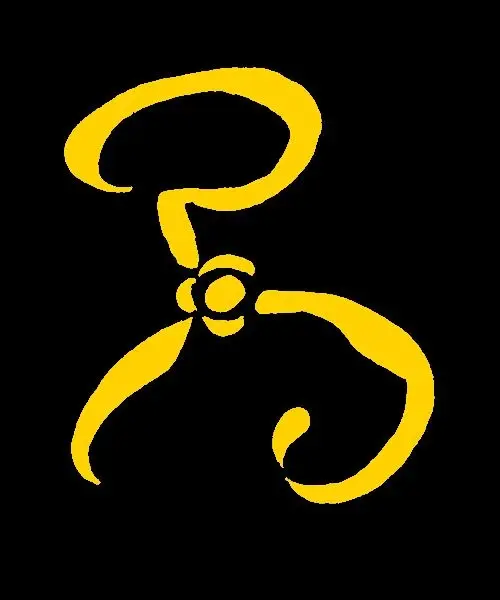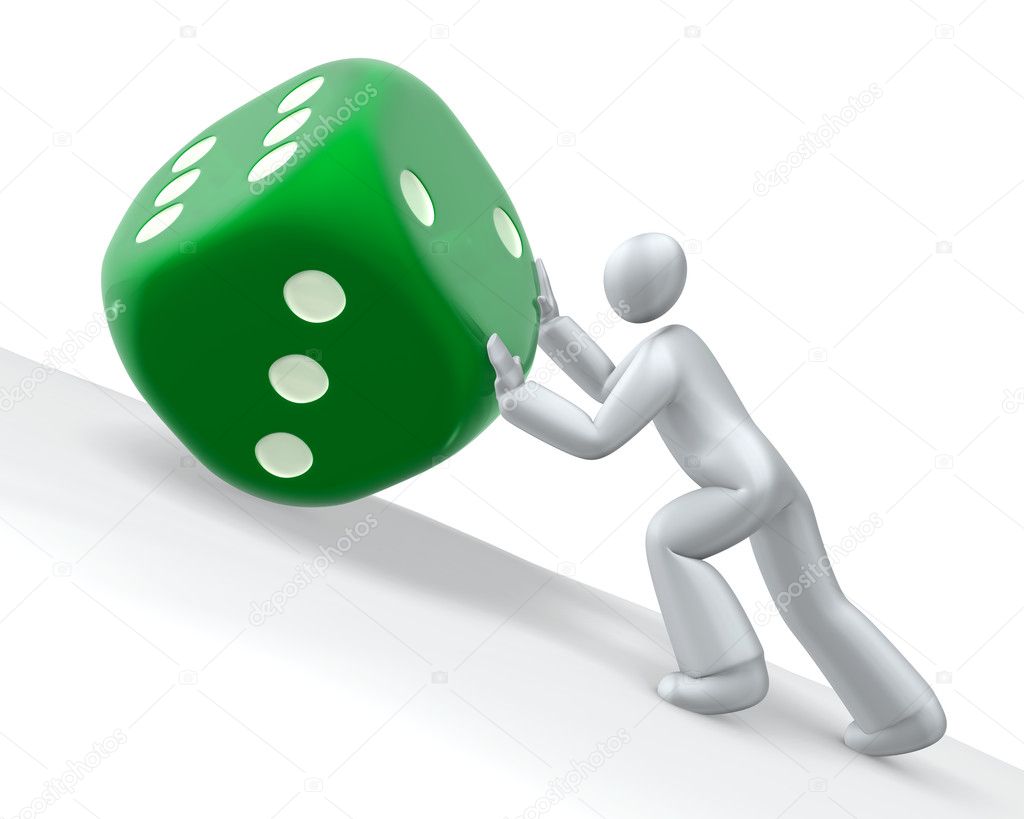I have a pretty sizeable group of friends who like to hang out and play RPGs together. We’ve done a handful of games, ranging from crunchy stuff through rules-lite games. But one common theme is that our games can go pretty slow. We’re a group of 7 most of the time, which means 6 players + 1 GM, which is can make stuff very slow. Iterations of D&D all suffer from this, and it gets really bad in games like Dark Heresey for us. But even tropey, free-form games like Blades in the Dark and most stuff on the Apocalypse engine feel sluggish, since they’re so tightly based on the Player-GM feedback cycle.
The only types of games that I’ve found play quickly with a large group are the light, beer & pretzels games like Everyone Is John, Paranoia, but those don’t extend well beyond 1 session. I also like the higher-stakes, longer-form RPGs where the players can shape the world at scale.
Are there games that can support both longer-term campaigns AND large groups, or am I looking for the impossible here?
With larger groups I tend to stick to less mechanically complex games.
Most OSR games can be run on the fly with any number of players. I had a fixed group of 9 run through Keep on the Borderlands, with 1 or two extras jumping in for a session here or there.
My absolute favourite is Savage Worlds. It’ss great as the maths isn’t tight and “balancing” an encounter is just a matter of throwing in more mooks, throw in a wild card per 2 or 3 players. It can fit to any setting, though I strongly recommend Deadlands.
My close second favourite is Call of Cthulhu, which I’ve run with 8 players. There’s not a combat focus so sessions are unlikely to get bogged down, and even then, most combat actions are a simple contested roll. Investigations tend to resolve as people splitting into pairs and following different leads; two go archiving at the library, two visit a sanitarium patient, two head over to the local paper to see if any stories have been published or even blocked by an editor, two stake out points of interest.
I’ve found pretty much any system that allows you to “compress” action resolution by allowing you to choose the level of detail you want for each scene. What do I mean by that?
- Feng Shui was great because it had “mook” rules, where the majority of opponents in fights could be taken out with a single success/failure roll of the dice. No hit points to track, no record keeping. The skill system was lightweight, and if you wanted a particular opponent to be a “boss” fight there was rules for that too.
- FATE Accelerated let you easily do things like treat groups of opponents as a single “stat block” to fight against, or in other types of scenes pick a “lead” character to make the rolls while still allowing the rest of the group to contribute bonuses and boosts to the result.
- HeroWars (now QuestWorlds https://www.chaosium.com/questworlds-system-reference-document/ ) let’s you resolve the direction of entire scenes in a single dice roll.
This tends to be a feature of games that focus on more abstract, high level descriptive, mechanics rather than action by action resolution (which games like DnD or Hero tend to lean into more heavily) which may not be everyone’s cup of tea… but they’re definitely easier to keep flowing with bigger groups and all allow for longer term campaigns.
Very recently I’ve had good experience with Mork Borg games. Currently doing a Pirate Borg game with 6 players on a weekly basis and we’ve been playing for a few months now with a pretty long, extended story. I hate calling it a campaign, because there was no real defined ending that has been primarily player driven, but it’s getting to a point now where it’s naturally wrapping up. But, this system has rules light enough to make combat fast, quick and pithy, and lots of opportunities for randomization of events, items, outcomes and whatnot to put in unexpected flair in the story. It’s very easy to learn, and great for building very random stories. The random tables of things is by far my favorite and is the best inspiration as long as players are willing to use those things as inspiration for something cool.
As an example, in Pirate Borg we had a situation where a character had access to “Ash” a drug-like substance that can be traded for profit or there is the option of ingesting it and a random table of effects. The effect we had was very non-mechanical, where a character sees darkness, shadows and feels lifeless. The player took this and ran with it, having the character feel very depressed and not wanting to do anything, really leaned in to that aspect of feeling lifeless even though there was no specific mechanic other than what the table was illustrating. It was really awesome!
I find that Powered by the Apocalypse games tend to be pretty good with 6ish players, but you also have to have very invested players who are willing to drive and narrate story along and not get too bogged down in mechanics. We did a few YEARS of PbtA games with great success, and they were immensely rewarding experiences. We played The Between recently and they were like. HARD LIMIT OF 4. We played with 6 just fine and it was an AWESOME ride and such a great story! I think a lot of this is about how your group adapts to being good storytellers and a good audience for each other. Have the mechanics be something that works to seamlessly tell a story rather than get in the way. If things are getting bogged down, it might be too much.
A few things to caveat though about our experience thought which I think leads to our success.
- We meet more often but for less time. Rather than meet once a month for 4 or 5 hours, we meet every week for a two hour session. Two hours seems to be that sweet spot where we can get a lot done, explore lots of concepts, paths and ideas, feel the pressure of time to get things accomplished, but not be overwhelmed or bored. It’s also better for our focus since it’s MUCH easier to focus on something for 2 hours and we don’t have to kill an entire day or half day on playing a game. Friday night RPG is the highlight of my week, both running it and playing in it.
- Players have a LOT of agency. I don’t often tell players they can’t do something, but negotiate with how something might happen. We have found that with players being able to present ideas and outcomes as part of the world, we get more elements of the story that become new bits that can be folded in. These are “gifts” players give us that we can then expand on to create a much more rich environment.
These things are completely system independent and really what drives why we can have a group of 7 of us effectively play games like this for years and years on end and keeps us coming back for more.
deleted by creator
Thank you for the detailed reply! I’ve never played any of the Mork Borg games. I’ll give the site a look.
It might have just been the games I tried, but I had problems with big parties when playing both Atma and Monster of the Week. The usual player-GM loop of a player suggesting something and me changing the scenario in response got a little frustrating when there were 5-6 things happening in between each player’s action. In the moment I could split the party up a bit and cut between them, but that led to these long periods of downtime in between turns. I might just need more experience running these kinds of campaigns.
Scene cuts are a normal thing for us. We often split up quite a bit. It does take learning how to balance out how to cut back and forth. It’s like watching a TV show, you have to know when to raisr the suspense and at the perfect moment when people want more swap to the other thing to leave that suspense in the air.
Often we cut when someone needs to make a roll. We say the move, call for the roll and then cut to the next player. That gives the player a moment to find their dice, roll, see the result and think about what might happen.
Practice and try things. See what keeps the tension high and action and storytelling flowing. I’m sure you can get it!
I can’t really think of a single RPG that I play, that works optimally with more than 4 people. Each one explicitly calls out that the suggested party size is 3-4, including Blades in the Dark, PF2e, and D&D5e. This may be something where everyone options is kind of bad.
I have a lot of the same gripes and my group can be 7 or 8 players (plus GM). So I totally get you. I don’t have an answer, I wish I did. Combat seems to be the biggest problem (we play DND). But yeah, even apart from that I see your point.
The only thing I’ve been considering is splitting the group somehow. The problem is that radically shifts the way the game works. You have to have 2+ GMs for that to work. Either two permanent ones or one permanent one and one that rotates. But regardless, it becomes a much more collaborative environment because the GM can no longer be the sole person dictating what happens in the world.
Honestly, I do think early D&D games kinda show the way to some extent. Large groups made sense when games were games were more procedural, with a designated map-maker, a designated “caller” who settled on final decisions, a designated inventory tracker. Combat that makes people want to avoid it more often than not, morale rolls. The very episodic nature of adventuring vs. modern campaigns where every session is highly coupled probably helped too.
I think early first-person dungeon crawlers and JRPGs are closer to how “serious” AD&D groups actually ran things. Players literally glued to the hip and doing something more like piloting a multi-person mech than all trying to run around doing their own thing.






